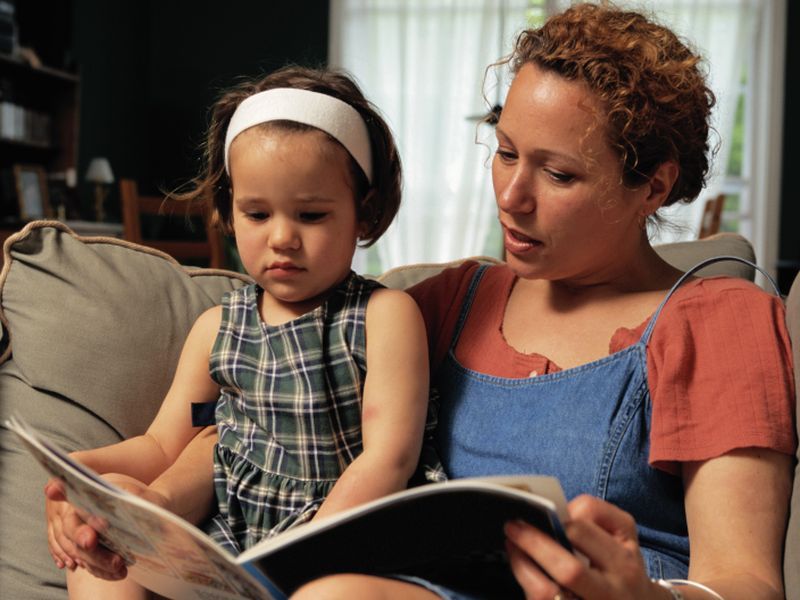SATURDAY, May 8, 2021 (HealthDay News) — Heart defects are often – but not always – detected at birth, so it’s important to pay attention when a child gets dizzy, passes out or says her heart is “beeping.”
These and other warning signs, such as an apparent change in fitness, shouldn’t be overlooked, an expert says.
Evaluating a child who has these symptoms is important to ensure nothing is missed that could become life-threatening, said Dr. Stephen Cyran, pediatric cardiologist with Penn State Health Children’s Heart Group, in Pennsylvania.
“Although 80% to 85% of structural heart defects are often caught before or at birth, some don’t present themselves until later, so it’s important to tell your child’s pediatrician or family doctor about any changes you or your child notice,” Cyran said in a Penn State news release.
“Unlike adults who often self-refer to a cardiologist, the referral to the pediatric cardiologist almost always comes through the pediatrician or family physician,” he noted.
The top three reasons for referral to Cyran’s office are a heart murmur, dizziness/passing out, and chest pain.
Causes for the symptoms can vary. A feeling of “beeping” could be an irregular heartbeat because a child was born with Wolff-Parkinson-White syndrome, an extra electrical connection in the heart. This can damage the heart over time. Preventive treatment can help, Cyran said.
Exercise intolerance could be an early sign of a hole in the wall between the two chambers of the heart. Known as atrial septal defect, it may show itself later in childhood with a murmur. Treatment depends on the size of the opening.
Dizziness or passing out associated with exercise is a major red flag, Cyran warned. It could be an inherited condition called hypertrophic cardiomyopathy, which requires immediate attention.
“You often hear about this happening to high school athletes when football practice starts up in the fall,” Cyran said. “If this happens even once, your child should be restricted from physical exercise until evaluation.”
Chest pain can be a sign of growing pains, rather than an underlying heart condition, he noted.
In babies, an undiagnosed heart condition can show as blueness of the lips in an otherwise warm environment, sweating during feedings and changes in feeding behavior, such as going from taking 2 ounces of milk in 15 minutes to 2 to 3 ounces of milk in 45 minutes. These symptoms should always be taken seriously and discussed with the baby’s doctor.
Family history can provide important clues, including a history of high cholesterol, early heart attacks and pacemakers. Family history of heart attacks before age 60, for example, could suggest familial high cholesterol, and screening can begin at age 4 to 7.
“If Granddad died at age 35 while running, he probably had an irregular heartbeat due to hypertrophic cardiomyopathy. These types of historical facts should make any parent, coach or physician concerned,” Cyran said.
Regular health maintenance exams can help detect a new murmur, change in heart rate or high blood pressure, Cyran added.
More information
The U.S. Centers for Disease Control and Prevention has more about congenital heart defects.
SOURCE: Penn State Health, news release, April 28, 2021
Copyright © 2026 HealthDay. All rights reserved.

